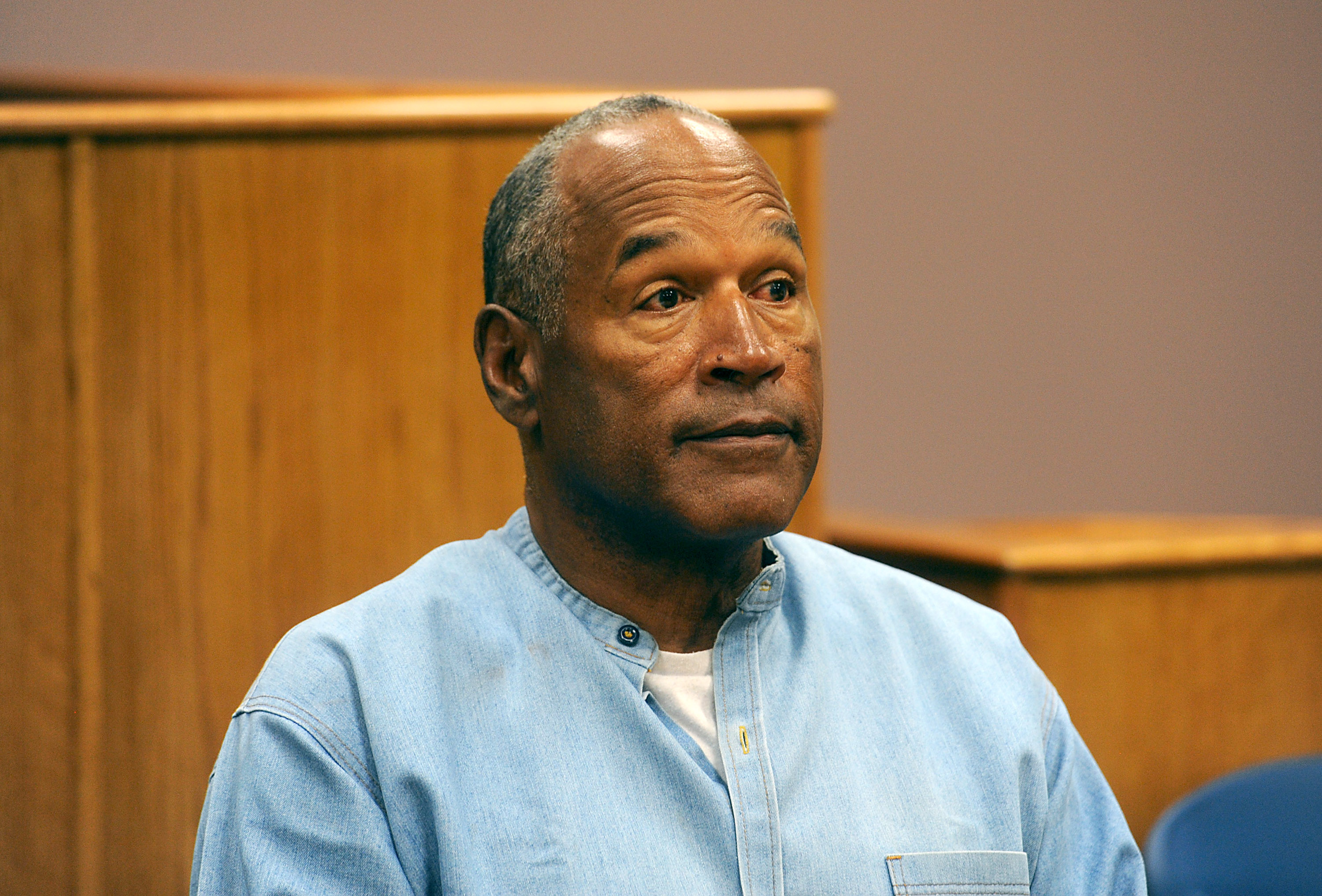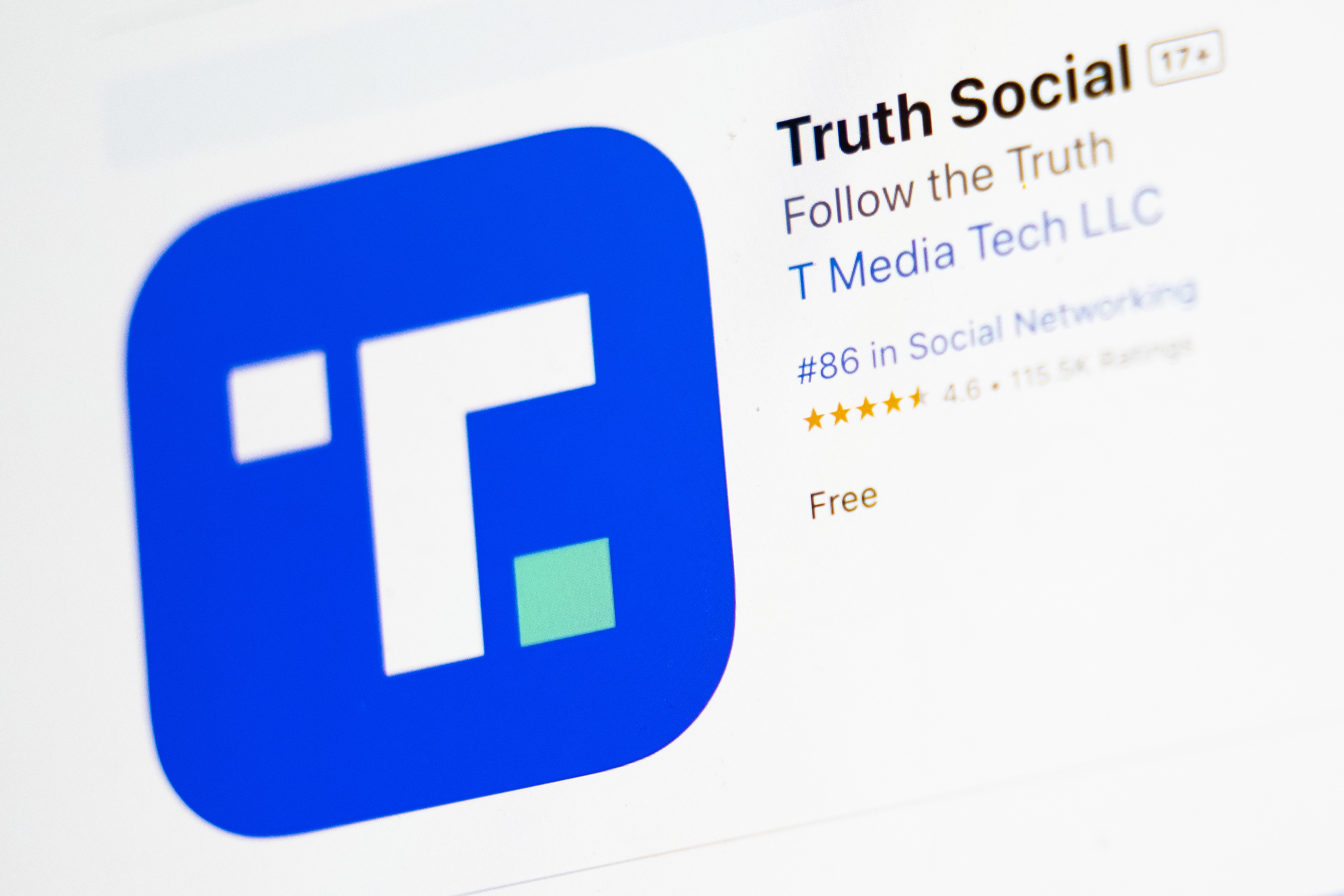Screenwriter Alyson Fouse was working on a sequel for the "Bring It On" movie franchise when the studio asked for changes.
"They wanted the black girl to be more ghetto, for want of a better word," Fouse recalled. "I said that's fine, we're doing a cheerleader comedy so stereotypes are what's funny. But I want the other side of that, too. I want a girl who's not ghetto."
The African-American writer was able to create a black teen from a posh private school, a rare victory in an industry that makes scant room for those of color or their perspective. "OscarsSoWhite," the hashtag protest over this year's all-white slate of nominees, is applicable to the original and adapted screenplay categories as well (with "Inside Out" writer Ronnie del Carmen an exception).
"There just isn't a lot of diversity within the core of people who are coming up with stories and developing characters," said Darnell Hunt, director of the Ralph J. Bunche Center for African American Studies at the University of California, Los Angeles.
Hunt also has charted writers' employment for a decade for the Writers Guild of America, West, and sees "very little progress. To the extent there has been progress, it tends to be in front of the camera and very little behind the camera."
That's despite the growing colorization of America, with the transition to a non-white majority predicted within three decades. The expanding TV universe has been more agile in adjusting to the demographic change than movies, with ethnic and gender diversity in shows ranging from CW's "Jane the Virgin" to Netflix's "Orange is the New Black," and awards have followed.
The film academy adopted voting changes that may, in the future, prevent the omission of actors such as Idris Alba, who won a SAG award for "Beasts of No Nation," and Michael B. Jordan, overlooked for "Creed," while Sylvester Stallone earned a supporting actor bid for reviving his Rocky character.
U.S. & World
But Oscar-worthy roles start with writers and directors, said Kenya Barris, the creator and executive producer of ABC's groundbreaking African-American family comedy, "black-ish." Barris, who is black, works with a writing staff that's majority non-white and half female.
"The moment we make improvements behind the camera, we'll have more opportunities to step up and have real swings at being noticed — not just for being black, but for being excellent. Not just for being gay, but for being excellent. Not just for being a woman, but being excellent," Barris said.
Diversity yields studio rewards, too. Movies with casts evenly split between white and non-white actors are more profitable, according to a new Bunche Center study that cites "Lucy," the Morgan Freeman-Scarlett Johansson sci-fi drama that grossed $400 million-plus worldwide, as an example.
"This is not affirmative action. .... More people would buy tickets if you featured people who look like us or reflect modern society," said Daniel Mayeda, co-chair of the Asian Pacific American Media Coalition.
Mayeda's group is part of an umbrella organization, the Multi-Ethnic Media Coalition, that in 2000 called on TV networks to boost minority hiring in all areas and has seen measureable results. This month, the coalition asked major studios including Sony, Warner Bros. and Disney to match that effort, including tracking minority employment and investing in "pipeline" programs leading to jobs.
The writers' guild has its own program to bring women and minority members to the industry's attention, said Tery Lopez, the guild's diversity director. But they fight a "business as usual" attitude that keeps decision-makers returning to the same pool of white male writers, said guild spokesman Neal Sacharow.
"If folks feel they have a successful formula, they will continue to work it," he said.
Alan Yang is an example of what happens when talent, without regard to ethnicity, gets a shot.
He started out writing for "South Park" and then moved to a staff job on NBC's "Parks and Recreation," his salary initially defrayed by a network diversity program. There he became friends with cast member Aziz Ansari, and the two went on to create and produce "Master of None," the critically applauded Netflix comedy starring Ansari.
The result? A show that goes beyond tokenism — the old-school version of diversity that made do with a black judge or doctor in the background — and includes a variety of layered characters.
"I want the representation of everyone whose stories haven't been told as much to be as accurate, as personal, and as truthful as possible," Yang said. "Some of the stories on 'Master of None' would frankly be very different if they were told by older white guys — no offense to older white guys, many of whom are amazing talents."
Janis Hirsch, a white screenwriter whose credits include the black-oriented sitcoms "My Wife and Kids" and "Eve," has no quarrel with that view.
"I can come up with a story, because telling family stories, or single girl stories, there's a certain universality to all of them. But as far as the specifics go, I take a back seat," Hirsch said. "I listen to the black writers. I don't presume to know. How can I?"



